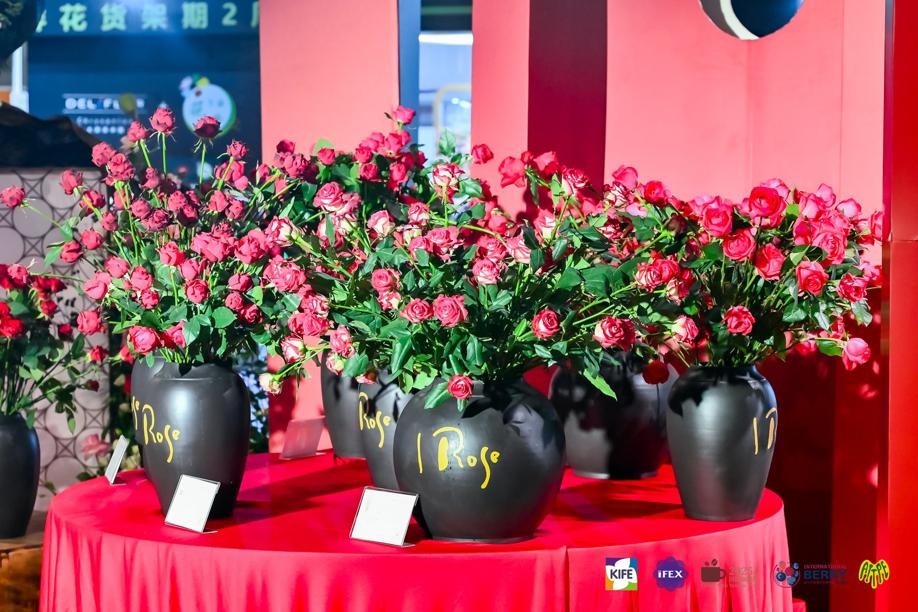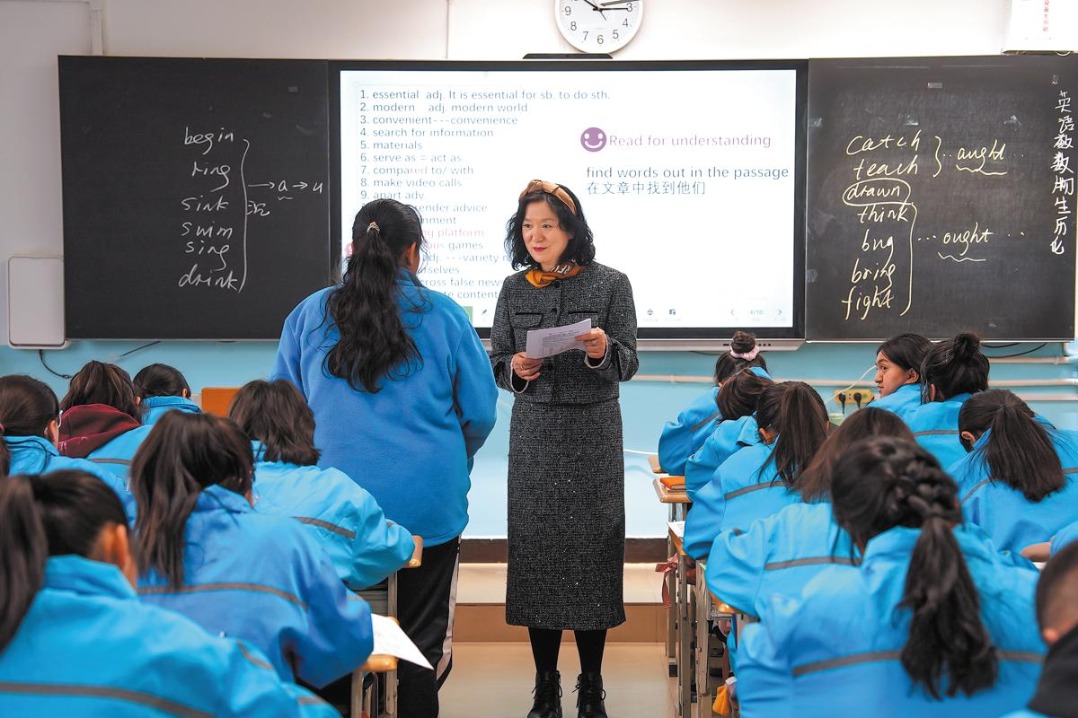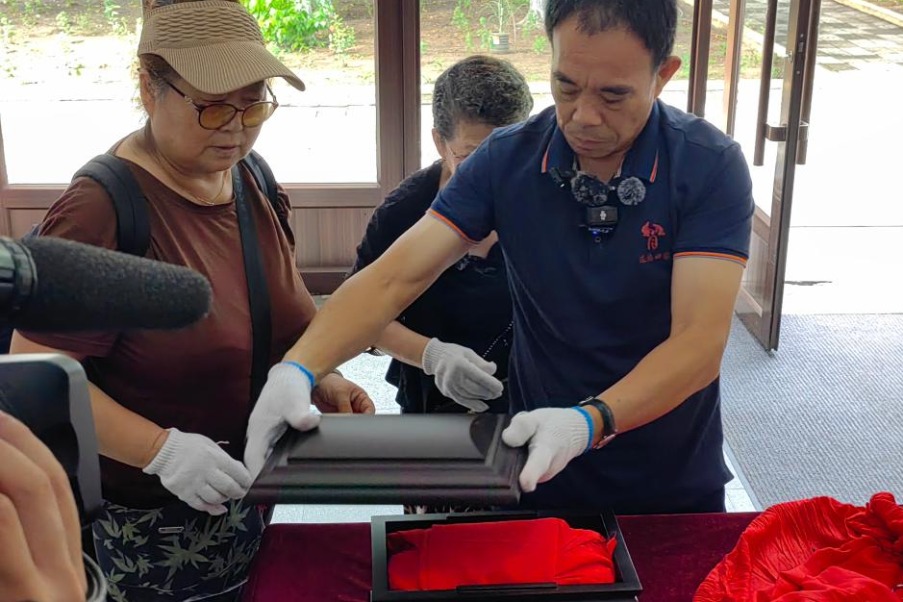Chinese schools blend tradition, technology to energize campus sports

BEIJING -- In this autumn semester, sports teacher Yang Hu and his wife Yu Xiaona prepared a special gift for pupils in Wanjia Primary School of Ordos city, North China's Inner Mongolia autonomous region — a rope skipping routine to the theme song of the popular Chinese animated film "Nobody".
"The film went viral this summer among children, so we came up with a new set of rope skipping routines for students in the new semester," said Yang.
With the help of his wife Yu, the primary school's dance teacher, Yang integrated the local Mongolian dance with rope skipping to attract more students to get involved. "Skipping rope can improve their physical coordination and fitness, which can become a lifelong habit," Yang said.
In Shantou, South China's Guangdong province, sports on campuses also feature cultural elements. With the guidance of a kung fu instructor, students learned to perform martial arts to the rhythm of a fan dance.
"Kung fu is really fun," said Chen Sinuo, a student at Guangsha School in Shantou, who loves fan dance and always shows the movements to his parents after school.
Zhao Anrong, director of physical education at Guangsha School, said, "We want to make exercise more engaging while passing on cultural traditions and helping students develop qualities like focus, perseverance and humility."
Nowadays, many Chinese schools have not only added traditional elements to physical exercise, but have also introduced artificial intelligence and advanced equipment to campus sports.
In Xingye county, South China's Guangxi Zhuang autonomous region, six grader Tan Jintuan stood in front of an AI sports equipment screen. After facial recognition, Tan raised his hand as a signal to start his exercises.
The AI sports equipment covers events including long jump, skipping rope and sit-ups, which can immediately capture the students' movement trajectory, assess their performance, and provide a report with exercise suggestions.
"After I finished my jumping, I can see my score and rankings. When I find myself making improvement step by step, I really want to try it again," Tan said. "With the new equipment, we enjoy doing sports even more and are filled with energy to compete with each other."
AI has deeply integrated into campus sports. In Huaze School in Changchun, Northeast China's Jilin province, a large display screen presented a real-time number of the school's participants in sports activities, as well as their average exercise duration and intensity.
The AI system makes a statistical analysis of the sports activities in the school through cameras and other detection devices. Wang Yu, vice principal of Huaze School, said, "AI provides great data support, based on which we can know the preferences of students to optimize our physical education courses and after-school services."
Starting from this autumn semester, primary schools in East China's Jiangsu province will arrange one P.E. class each day, and junior high schools will pilot one P.E. class per day.
In dealing with shortages of P.E. teachers, the Economic Development Zone of Wuxi city, Jiangsu province, recruited full-time and part-time P.E. teachers, and parents with professional sporting backgrounds. The schools also strengthened the training of all teachers in terms of physical fitness, safety and sports skills.
While in Beijing, supporting measures such as extending the previous 10-minute break between classes by five minutes and carrying out sports competitions between classes have been effective over the past year.
"Sporting activities are indispensable in education, during the process of which students can realize what they are good at and where they need to make improvement. We will continue to make reforms on our campus sports for an all-round development of children," said Lu Yongli, principal of Beijing No.2 Experimental Primary School.
- Chinese schools blend tradition, technology to energize campus sports
- Tianjin fair showcases Beijing-Tianjin-Hebei agricultural products
- Food poisoning outbreak that left over 100 ill caused by sandwich pastries
- Shanghai hosts innovation forum on quantum AI
- Platforms punished for lack of oversight
- Officials say BRI key to global ties, growth





































